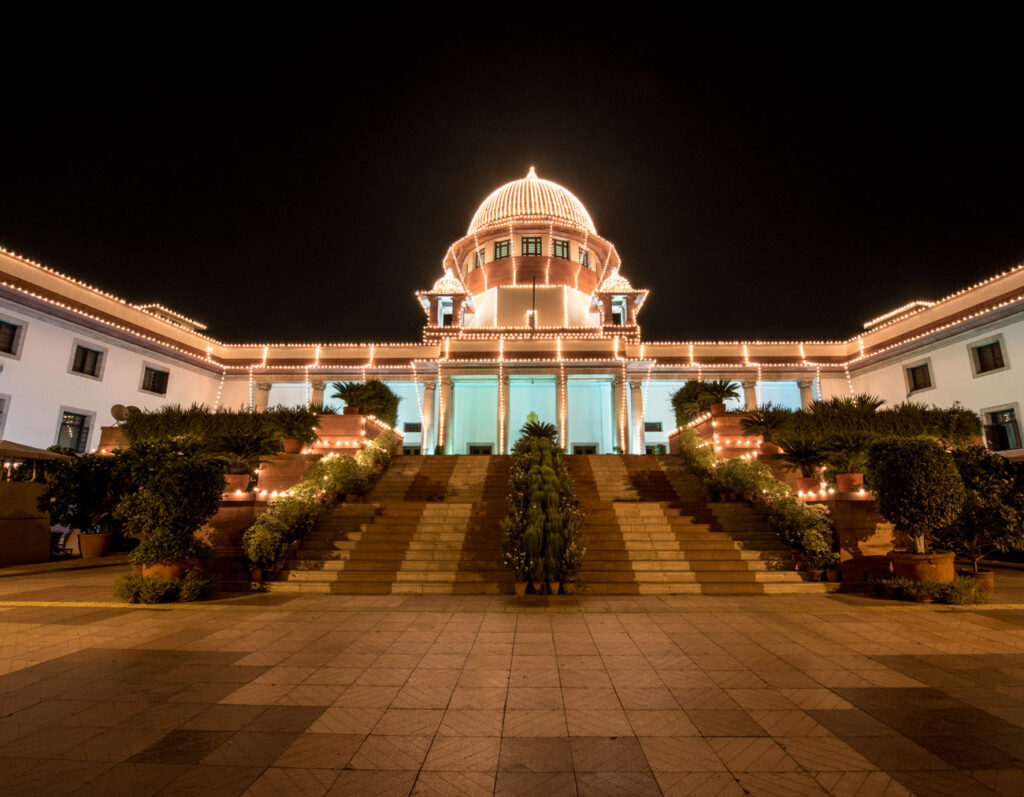New Delhi, Feb 1.
Whatsapp India won’t for now disrupt service even if a user were not to accept its much-contested 2021 privacy policy and also not hold those who have already accepted it to their legal obligations.
This position will continue till the government of India comes up with a personal data protection bill. This was the sum and substance of the day-long hearing in the Supreme Court on the issue today.
Whatsapp’s 2016 and 2021 privacy policy have been challenged in the courts on the ground that it allowed Whatsapp to share data with Facebook and other group companies for commercial purposes such as advertising and marketing.
The company had earlier given a similar assurance to the central government. Today, it agreed again to stand by that assurance till a law was brought in by Parliament.
This after Solicitor General Tushar Mehta stated that the government proposed to introduce the law in the session beginning March, 2023, and urged the Constitution bench to defer a hearing till a law was put in place.
The bench eventually directed WhatsApp to widely publicise the undertaking submitted to the government on May 22, 2021, months after Whatsapp introduced its new policy.
In this undertaking, the company undertook not to hold those who had accepted the new privacy policy to the new terms and conditions of usage and also assured the government that it would not restrict any functions over failure not to accept the policy.
The company said that it would instead keep suggesting to users that they update their privacy policy. Whatsapp has the highest users in India estimated at over 600 million.
However, some claim that the company offers less invasive privacy policies in Europe and a more intrusive policy in India. Whatsapp has refuted the charge. Instead the company claims that users in India have access to many additional features which are not available in Europe.
Service will be affected if any attempt is made to introduce European standards in India, senior advocate Arvind P. Datar argued.
Senior advocate Kapil Sibal also alleged that while government apps also have similar use features, an attempt was being made to introduce a stricter policy for Whatsapp.
The government had framed rules in 2011 regarding third party intermediaries, but a personal data protection law is awaited.
Whatsapp has so far argued that the application is encrypted end to end and it has no access to that information. But when a user accesses a third party service, the information is shared by the third party to improve user satisfaction, it has said.
All these issues will be debated after an act is brought in by the government of India. These issues have assumed significance after a top court judgement ruling that the right to privacy was a fundamental right.

